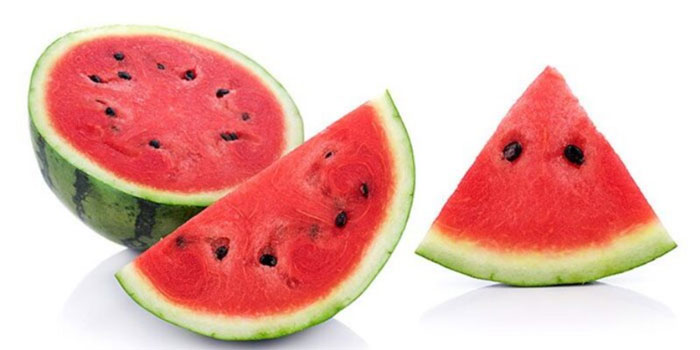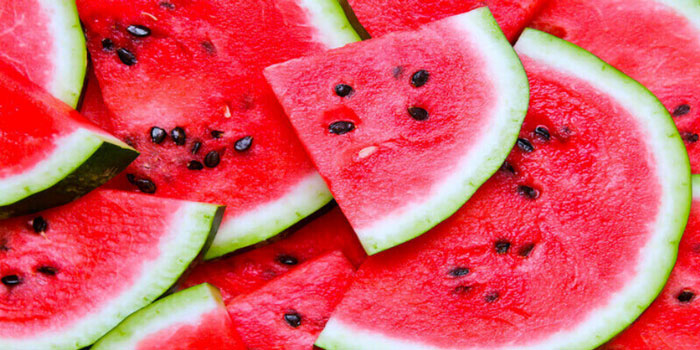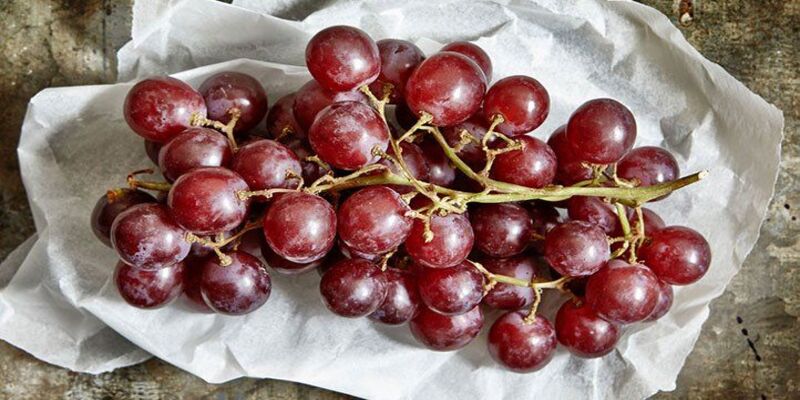You may eat a lot of watermelon without worrying about putting on weight since watermelon has few calories. One cup of watermelon, or around 150 grams, is a standard serving size. About 46 calories may be found in this portion. Watermelon is an excellent way to replenish your fluids since it contains mainly water. Additionally, watermelon is rich in vitamins C and A and has trace quantities of vitamins and minerals like potassium and magnesium. Furthermore, it has a high antioxidant concentration, which protects the body against free radicals. In addition to being low in calories, watermelon also has a low energy density. Because of this, it's a fantastic option for anybody seeking to cut calories or keep their weight stable. The low energy density of foods like watermelon might help you feel full and content with fewer calories.
Calories In Watermelon
A typical serving size of a watermelon is about 1 cup, roughly 150 grams. This serving size contains approximately 46 calories. It is also low-energy-density food, which means it has few calories relative to its weight. This makes it an excellent choice for people trying to lose or maintain a healthy weight. Eating a diet high in low-energy-density foods, like watermelon, can help you feel full and satisfied with fewer calories.
Nutritional Value Of Watermelon

Watermelon is mainly made up of water, making it a great hydration source. It is also a good source of vitamin C and vitamin A and contains small amounts of other vitamins and minerals, such as potassium and magnesium.
Vitamin C:
Watermelon is a good source of vitamin C, an essential nutrient that helps support the immune system, maintain healthy skin, and prevent damage caused by free radicals.
Vitamin A:
Watermelon is also a good source of vitamin A, essential for maintaining healthy vision and skin.
Potassium:
Potassium is an essential mineral that helps regulate fluid balance and maintain healthy blood pressure. Watermelon contains small amounts of potassium.
Magnesium:
Magnesium is another essential mineral that plays a role in many bodily functions, including muscle and nerve function, blood sugar control, and blood pressure regulation. Watermelon contains small amounts of magnesium.
Antioxidants:
Watermelon is also a good source of antioxidants which help to protect the body from damage caused by harmful molecules known as free radicals. These antioxidants may help to prevent cancer and other diseases.
Including Watermelon In A Healthy Diet

Watermelon is a versatile fruit that can be enjoyed in various ways. Here are some tips on how to include it in a healthy diet:
-Eat It As A Snack:
Watermelon is a great snack option because it is low in calories and high in water, making it a great way to stay hydrated.
-Add It To Salads:
Watermelon is an excellent addition to salads because it adds sweetness and hydration.
-Make Juice Or Smoothies:
Watermelon can also be blended into juice or smoothies for a refreshing and hydrating treat.
-Freeze It:
Watermelon can be frozen and eaten as a healthy alternative to ice cream.
-Grill It:
Grilled Watermelon Is A Delicious And Healthy Way To Enjoy This Fruit.
Watermelon is a healthy and delicious fruit that is perfect for people looking to lose or maintain a healthy weight. The calorie and nutritional content of watermelon make it an excellent choice for a healthy diet. Its high water content and low-energy-density food make it a great way to stay hydrated and full while consuming fewer calories. Additionally, watermelon's vitamins, minerals, and antioxidants make it a great addition to a balanced diet. Its versatility can be enjoyed in many ways, from snacking to adding to salads or blending it in a smoothie.
Conclusion
Watermelon is a low-calorie fruit that is an excellent choice for anyone looking to maintain or lose weight. With only 46 calories in a 1-cup serving, it is a great way to add hydration and nutrition to your diet without adding many extra calories. Watermelon is also a good source of vitamins and minerals, including vitamin C, vitamin A, potassium, and magnesium, as well as antioxidants that help protect the body from damage. Additionally, watermelon is a low-energy-density food, which means it has few calories relative to weight. This makes it an excellent choice for people trying to lose or maintain a healthy weight. Eating a diet high in low-energy-density foods, like watermelon, can help you feel full and satisfied with fewer calories. Watermelon is a healthy and delicious fruit that is perfect for people looking to lose or maintain a healthy weight.

Say Goodbye to Tan Lines: The Best Tan Removal Body Scrubs of 2024
Jul 25, 2024

What You Need To Know About The 5k Training Plan
Nov 14, 2023

Top Hair Masks to Tame Frizzy Hair: Your Guide to Smoother, Shinier Locks
Jul 24, 2024

When Can I Count That Motion As Exercise?
Nov 12, 2023

Top Skincare Ingredients Known to Increase Sun Sensitivity
Mar 12, 2024

Is It True That Grapes Are Good For You?
Dec 25, 2023

These Cooking Errors Can Ruin Thanksgiving
Nov 20, 2023

What Exactly Is Obsessive-Compulsive Disorder?
Feb 02, 2024

12 Tips For Walking In Winter
Jan 02, 2024

Top 6 Shampoos for Effective Lice Treatment
Jul 25, 2024

Unhealthy Foods For Fatigue
Feb 04, 2024

Selecting High-Alkaline, Low-Oxalate Foods for Better Health
Mar 12, 2024